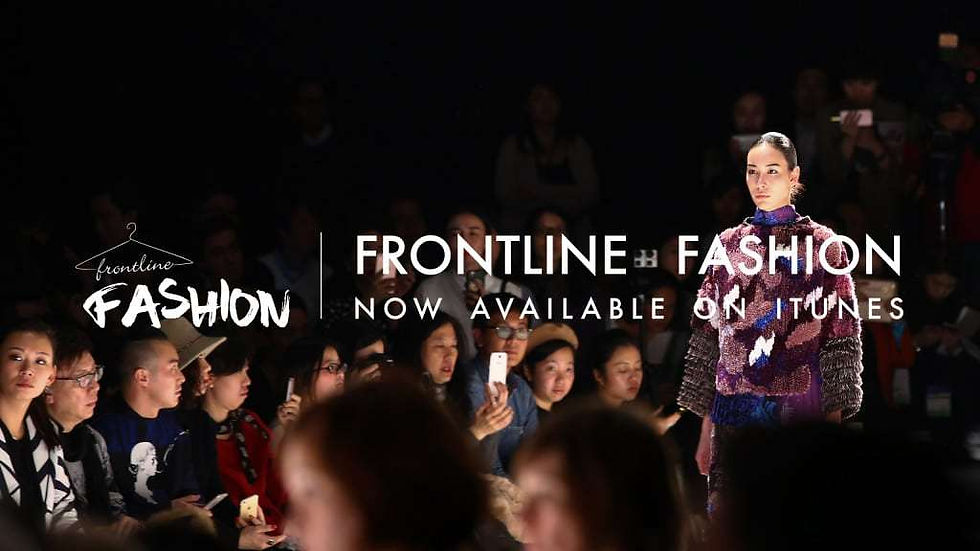film review: The true cost
- Sharmila Ganapathy
- Aug 31, 2016
- 2 min read
A sobering reminder of capitalism's impact on the world

“The basic message is the same: the way to solve problems in your life is through consumption.” Tim Kasser, psychology professor at Knox College (featured in The True Cost)
When I first watched The True Cost trailer on YouTube, I reckoned I was in for a grim, no-holds-barred account of the fast fashion industry.
Boy, was I wrong. What I thought would be a severely skewed rant against the fashion industry turned out to be a more subtle (though no less grim) tale of the ills committed by the fast fashion industry and by consumers themselves.
The True Cost is essentially an hour-and-a-half long documentary clearly targeted at consumers of fast fashion and the stalwarts of the fast fashion industry. Its key aim is to is to inform and educate people worldwide, particularly those who purchase fast fashion items. That much is evident from the first 20 minutes of the movie.
As you watch the movie, director Andrew Morgan’s message is clear: that our consumption of fast fashion is destroying people’s lives, as well as the planet.
The True Cost does manage to do that through interviewing garment workers in third world countries, activists, slow fashion retailers, academics and even an economist. Morgan even shows footage of interviews with fast fashion retailers and how they were unable to answer questions about worker safety and wages.
The idea is that the viewer gets a multi-faceted view of the fast fashion industry, so they can make up their minds on whether their support of fast fashion is wrong. The facts are presented in a honest and direct style manner, that will strike a chord with anyone who’s purchased a fast fashion item. (And in case you wondered why the fast fashion industry retailers don’t feature prominently in the movie, it’s because they declined to be interviewed, as Morgan reveals in the film.)
That does throw the film off balance a little, but remember, this is not a ‘feel good’ film. It is a narrative of the realities of the people and the planet, which are both being impacted by the fast fashion industry. One interview that stood out in my mind was with Shima, a garment worker in Dhaka. She said: “People have no idea how difficult it is for us to make the clothing. They only buy it and wear it.”
In fact, the film covers various aspects of fast fashion consumption and production, all of which were nicely fleshed out and equally impactful. I know this statement may seem vague, or even blithe, but the true beauty of The True Cost needs to be explored and appreciated by the person watching it.
Therefore I don’t feel the need to impose a blow-by-blow account of the documentary on my readers. It is a film worth watching and I’m not going to fill this review with spoilers just because I need to make myself heard.
The True Cost is an honest and direct film that will jolt you awake and melt the coldest of consumer hearts. I highly recommend it to anyone that loves fashion and who wants to make a difference.






Comments